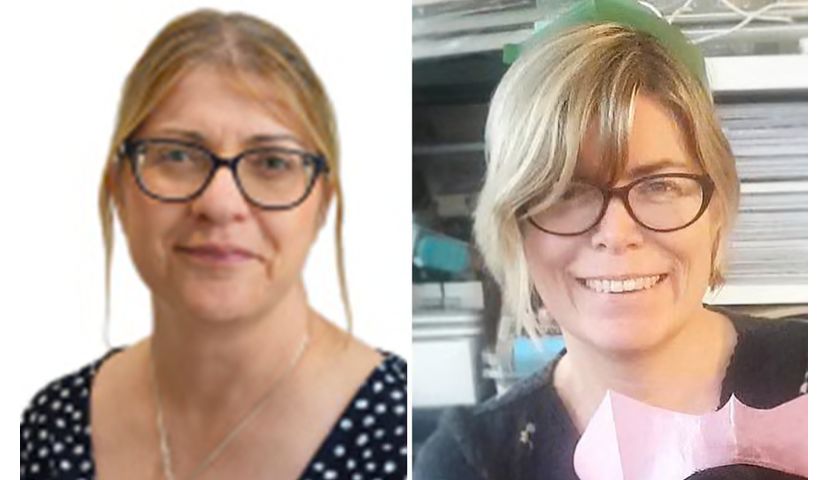A teenage girl who stabbed three people at a Welsh school had previously been considered for referral to the UK government’s anti-extremism programme Prevent, according to a new safeguarding report.
The 13-year-old, who expressed interest in Adolf Hitler, war memorabilia, and weapons, attacked two teachers and a fellow student at Ysgol Dyffryn Aman in Ammanford, Carmarthenshire, in April 2024. She had earlier been found carrying a knife on school grounds, prompting discussions about a Prevent referral. However, no formal referral was made.
Following the violent incident, the girl referred to in official documents as Child A was arrested and told police, “that’s one way to be a celebrity, I’m pretty sure this is going to be on the news, so more eyes will be looking at me.”
In April 2025, she was sentenced to 15 years in detention after being convicted of three counts of attempted murder at Swansea Crown Court. A multi-agency review commissioned by Carmarthenshire County Council and the Mid and West Wales Safeguarding Board found that multiple red flags had emerged in the two years leading up to the attack.
While various agencies were aware of different aspects of Child A’s behaviour and history, reports criticised the lack of information sharing between services. The report, authored by safeguarding expert Gladys Rhodes White, described Child A as quirky and socially isolated, with a fascination for Nazi history, weapons, and foreign languages—claiming to speak both German and Russian. Her father described her as imaginative and bookish, often engrossed in research and fantasy.
She had previously brought a ball bearing gun to her former school and had threatened another pupil with a knife at Ysgol Dyffryn Aman. In response, her father agreed to perform daily bag checks. Despite this, she was later suspended after being found with a knife in her schoolbag.
After the first knife possession incident, professionals discussed whether the case should be referred to Prevent, fearing the girl might be vulnerable to radicalisation. Although no evidence suggested she met Prevent’s threshold, it was agreed that an Early Help Assessment could provide insights into her wider emotional and behavioural needs. However, her father declined the offer, and the matter was not pursued further.
Rhodes White noted: “Had this assessment occurred, this may have been a pathway through which agencies could consider alternative help or for monitoring and support to be provided.
” Teachers at Ysgol Dyffryn Aman reported limited knowledge of Child A’s past, with their understanding mostly confined to her emotional and behavioural challenges. On the day of the attack, other students were aware she had brought a knife to school, but no one informed staff.
While no single agency could have predicted the violent attack, collectively, the information held by various organisations painted a troubling picture.
“Each agency had their own pieces of the jigsaw,” wrote Rhodes White.“In collating all the pieces, there is a much clearer picture of the extent of concerns around Child A’s state of mind and associated behaviours.”
She stressed the need for improved inter-agency communication, particularly in cases where a child doesn’t meet statutory intervention thresholds or when families decline voluntary support.
“This is particularly pertinent for children transitioning between schools or when parents do not accept non-statutory help.”
In a joint statement, Carmarthenshire County Council, Ysgol Dyffryn Aman, Dyfed-Powys Police, and the Hywel Dda University Health Board acknowledged the report’s findings and committed to implementing its recommendations. “We acknowledge the challenging and difficult circumstances faced by the victims and the whole community of Ysgol Dyffryn Aman in the aftermath of the incident,” the statement read.
“We would like to pay tribute to the pupils, teachers, staff, and parents of Ysgol Dyffryn Aman. The school’s strong sense of community and empathy has enabled students to return to their classrooms promptly and safely, with their wellbeing promoted at all times.”
Read also: UK elections chief urges democracy lessons for children from age 11



